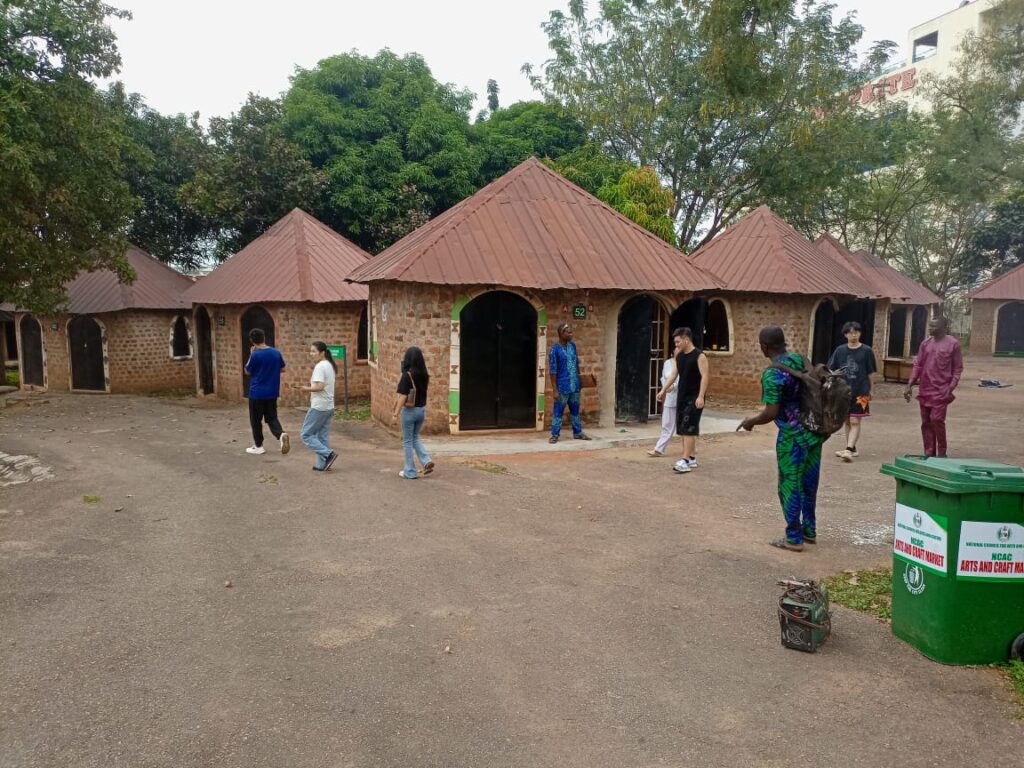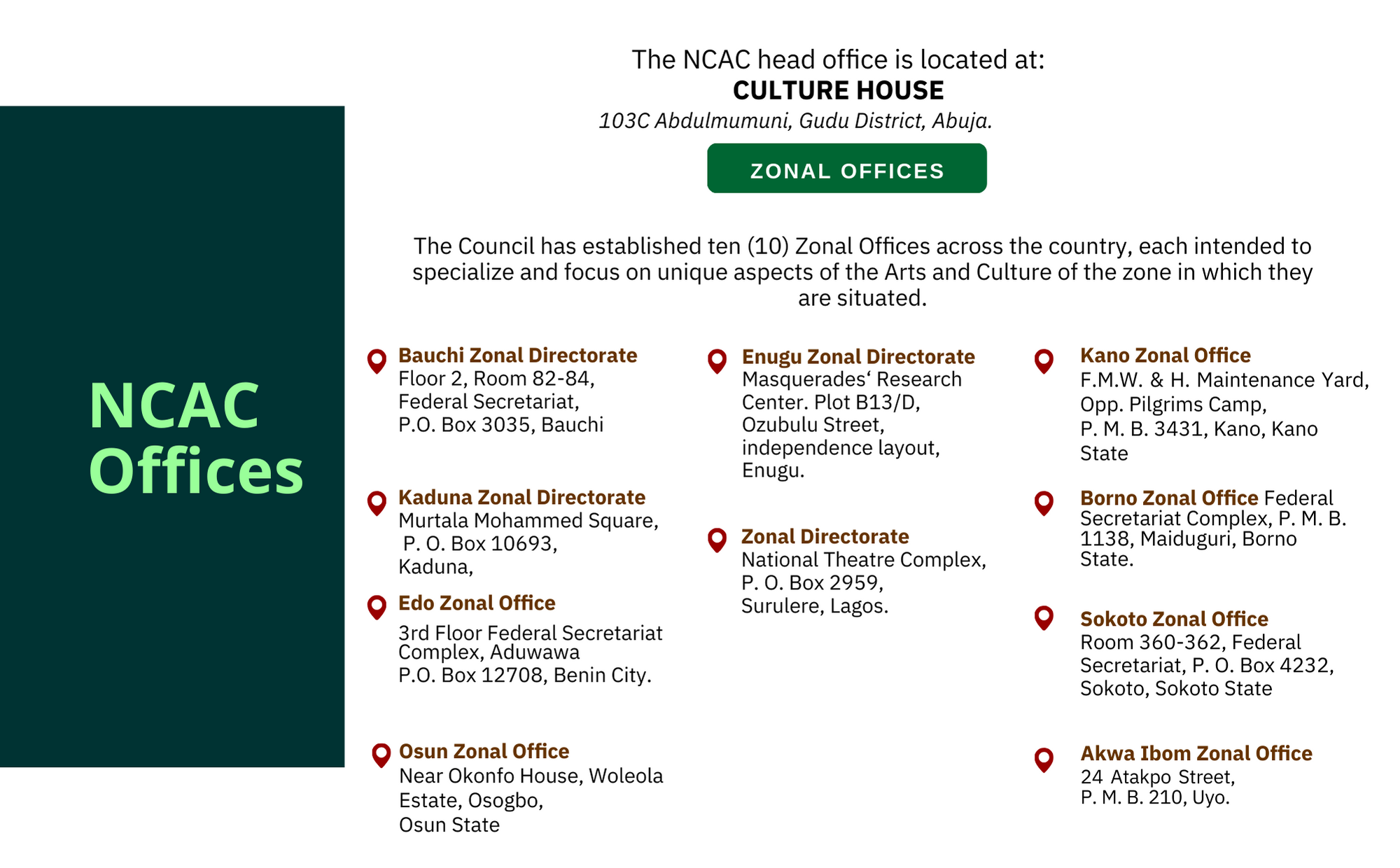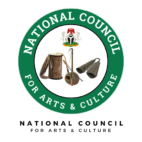About Us
NCAC WAS ESTABLISHED IN
1975
Our Mandate is to Index, Preserve, Promote & Present...
The National Council for Arts and Culture (NCAC) was established by Decree No. 3 of 1975 and amended by Decree No. 5 of 1987 (now Cap N24 Law of the Federal Government of Nigeria) organ charged, with the responsibility of coordination, development and promotion of the Living Arts and Culture of Nigeria at national and international fora.
The NCAC’s mandate is to index, preserve, promote and present the best of our Visual & Performing Arts, Crafts, Textiles, Cuisines, Festivals, Traditional Dances, Drama, Opera, Cinema, Film, Television, Music, Entertainment, Advertising, Fashion, Photography, Design, Folklore, Oral Traditions, Literature, Indigenous Games Traditional Architecture, Indigenous Innovation, Software, Animation, Esports, Gaming, Comics, Recreation, Theatre & Live Entertainment. NCAC is mandated to deploy these assets as tools for forging national unity and promoting positive identity. Nigeria’s cultural manifestations which are unique and diverse shall be at the front burner in our quest to tap into the unique resources that abound in the cultural & creative industries.
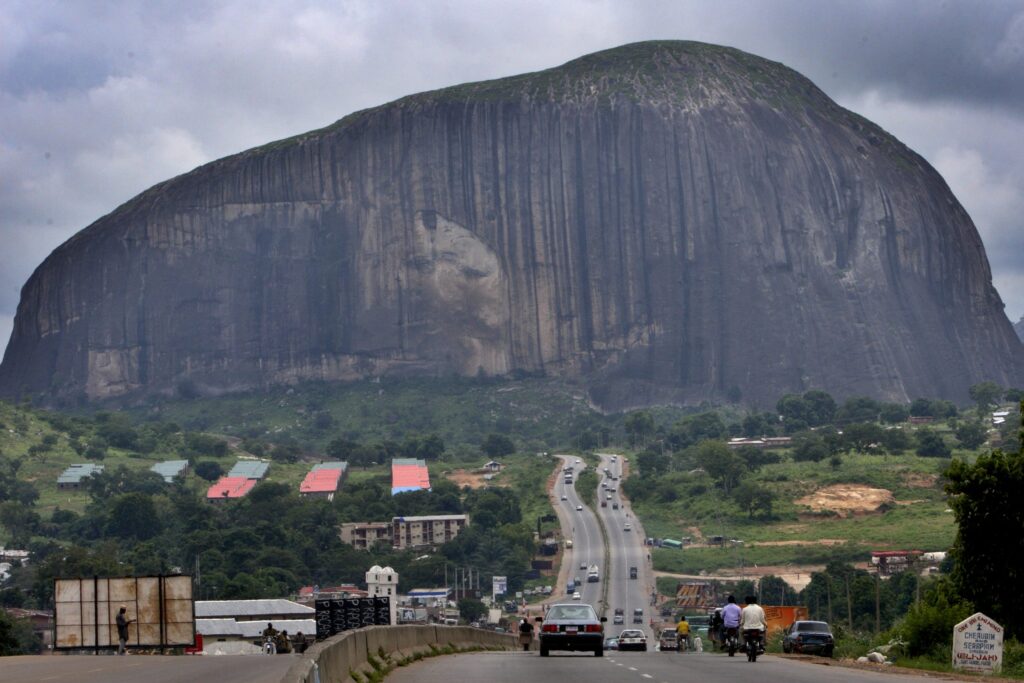
VISION
To develop and promote Nigerian Culture and translate it in such a manner to enable our cultural diversity and assets to attain their true potential as a permanent source of inspiration and connection, empowering our citizens with the immense soft power that we collectively hold. NCAC will devise programs and policies that will further enable and elevate the varied cultural and creative industries and assets of Nigeria. This will lead to Nigeria becoming a globally recognized soft power through its content, creativity and cultural expressions.
MISSION STATEMENT
The NCAC as part of its primary mandate is to develop and drive policies to unlock the full commercial potential of the cultural and creative industries of Nigeria in order to make Nigeria a leading global soft power.
The National Council for Arts and Culture is dedicated to the development and promotion of the best of the living Arts and Cultures of Nigeria, using them as resources for National integration and Unity as well as to serve as catalyst for sustainable growth and development of the Nation.

THE COUNCIL
The Functions of the Council
- To promote and foster the appreciation, revival and development of Nigerian arts and culture, to drive and develop national policy for the creative and cultural industries
- To plan and coordinate cultural activities in Nigeria and foster the development of literary, visual and the performing arts in Nigeria;
- To assist the National Commission for Museums and Monument established under section I of the National Commission for Museums and Monuments Act in the creation, acquisition and preservation of artistic works, cultural monuments and depositories;
- To organize and promote exhibitions in visual, performing and literary arts
To coordinate National & Inter-State cultural exchange activities
To promote the development of music, traditional dancing, drama, opera, cinema, films, photography, folklore, oral tradition, literature, poetry, painting, sculpture, architecture, town planning and general arts, woodwork, embroidery, weaving and similar crafts.
To render assistance to the States in the development of their assets and opportunities in this defined space

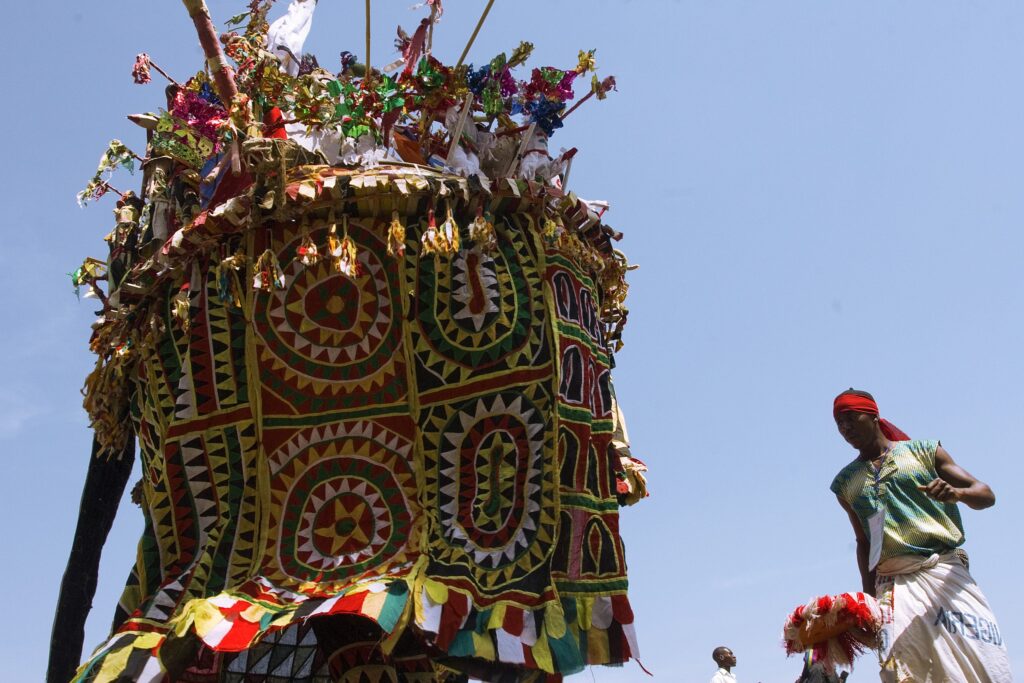
Our Positioning
Ncac is positioning to be the one stop enabler for the Nigerian creative and cultural industries and driving the creator and creative economy.
Our Scope
Music, entertainment, recreation
Fashion, design, fabrics, textiles
Architecture, urban planning
Hair, beauty, body adornments
Drama, theatre, traditional dance, performing arts
Indigenous games, traditional sports
Cinema, films, animation, photography, advertising
Festivals, live entertainment
Literature, poetry, folklore, oral tradition, publishing
Painting, sculpture, woodwork, general arts
Software, innovation, e-sports, gaming
Embroidery, weaving, similar crafts
Culinary arts, cultural institutions, venues
Arts and Crafts Village
Central Business District, Abuja
The Arts and Crafts Village, established in 2003 at the Permanent Site of the National Council for Arts and Culture operates under the management of a designated official within the Director General’s Office. Serving as a key initiative undertaken by the Council, this specialized market is instrumental in conserving and promoting traditional arts and crafts. By providing a crucial platform for artisans to exhibit their skills, it actively contributes to the preservation of diverse cultural heritages through a myriad of artistic expressions.
Dedicated to the advancement of traditional arts and crafts, the village fosters an environment that supports artisans in honing their talents, emboldening them to delve into their creative potential.
Through its endeavours, it establishes a dynamic space that not only facilitates the exchange of cultural practices but also acts as a catalyst for cultural enrichment. The village stands as a testament to the enduring legacy of traditional craftsmanship, embodying a commitment to nurturing and celebrating the artistic traditions that define various cultural identities.


